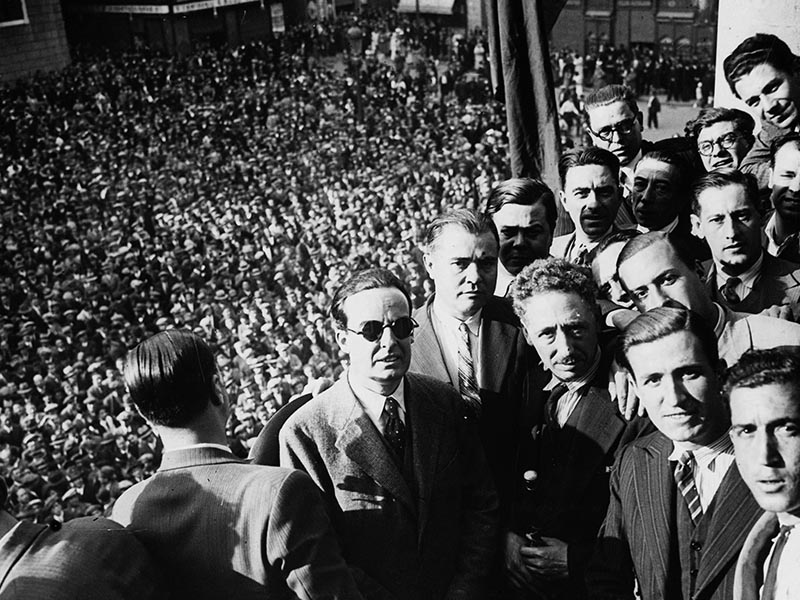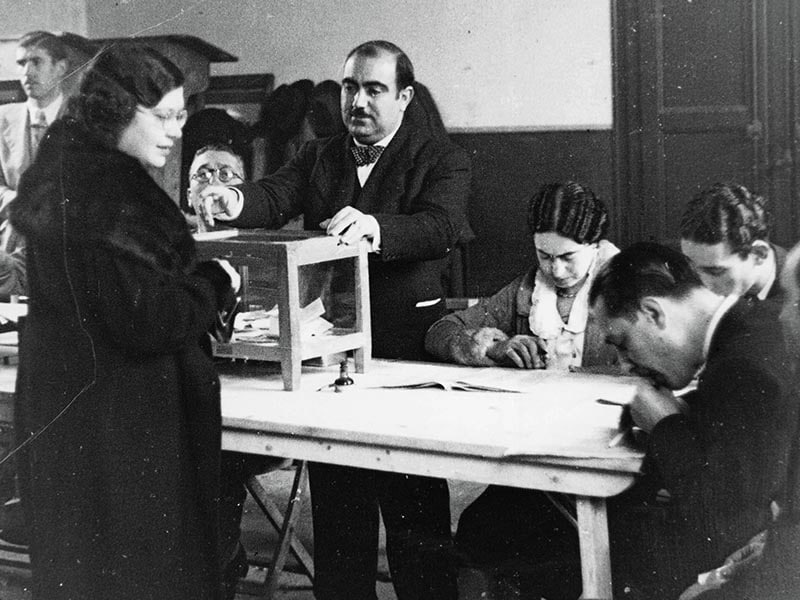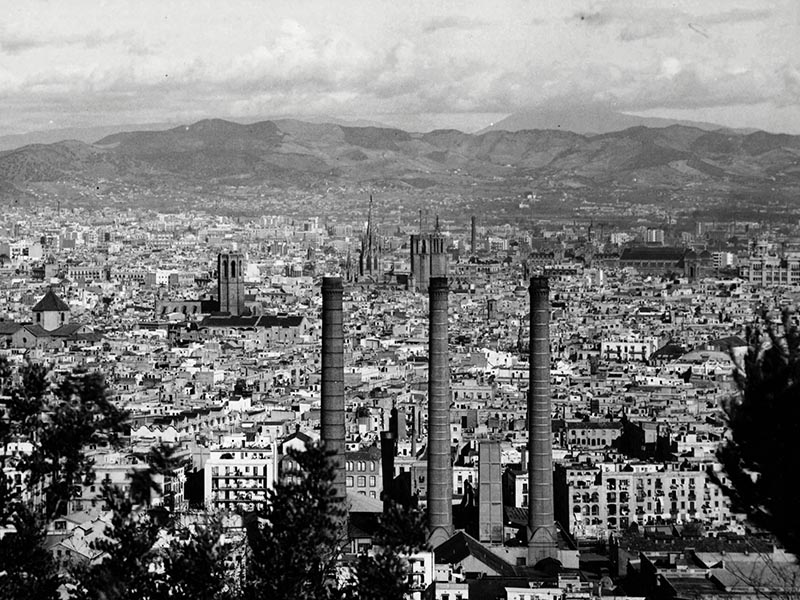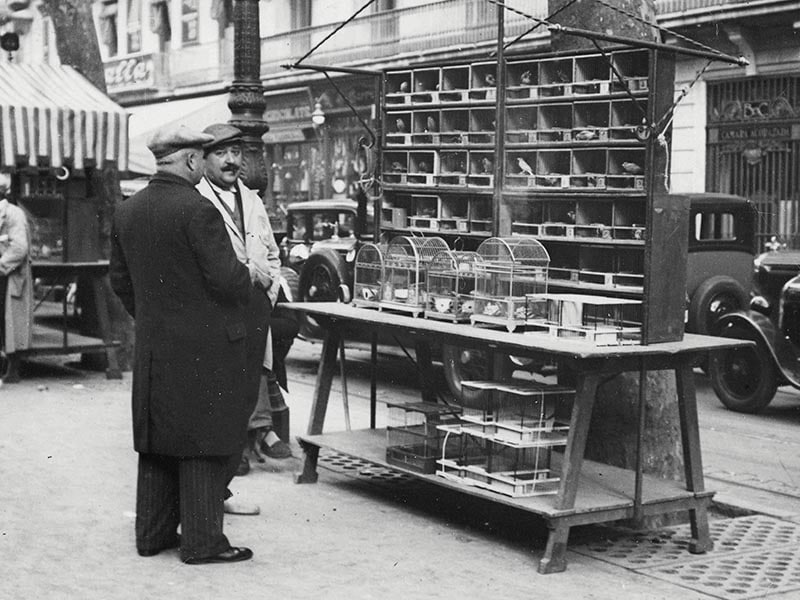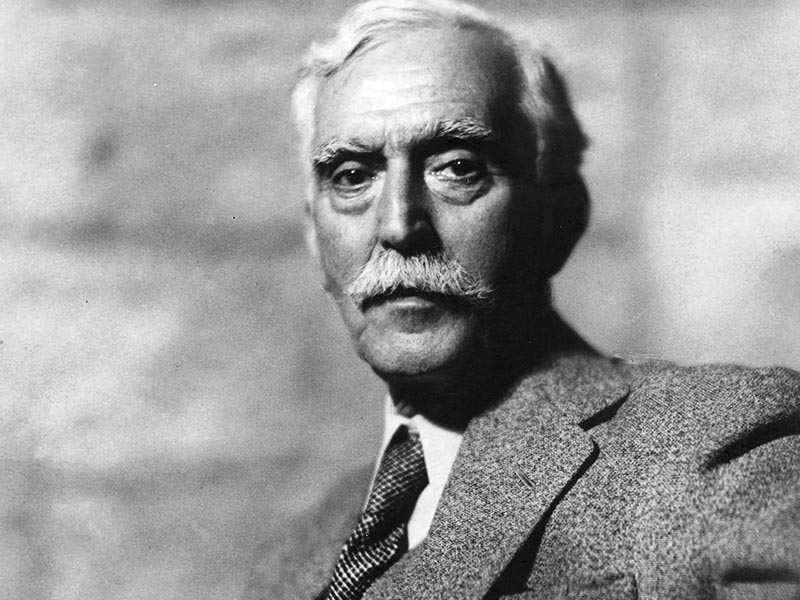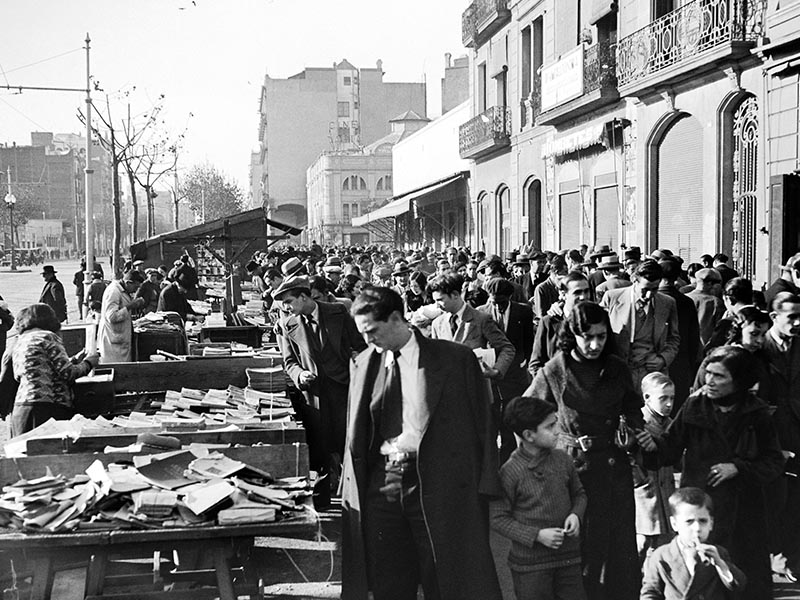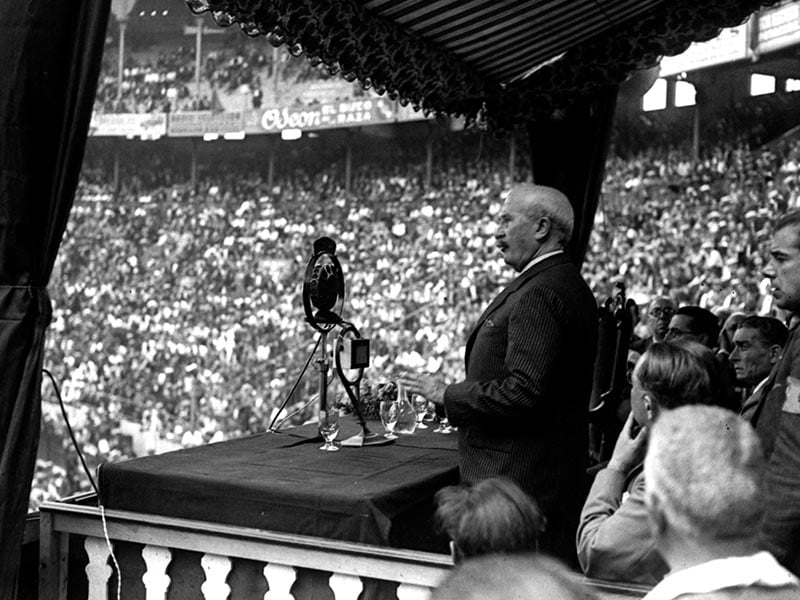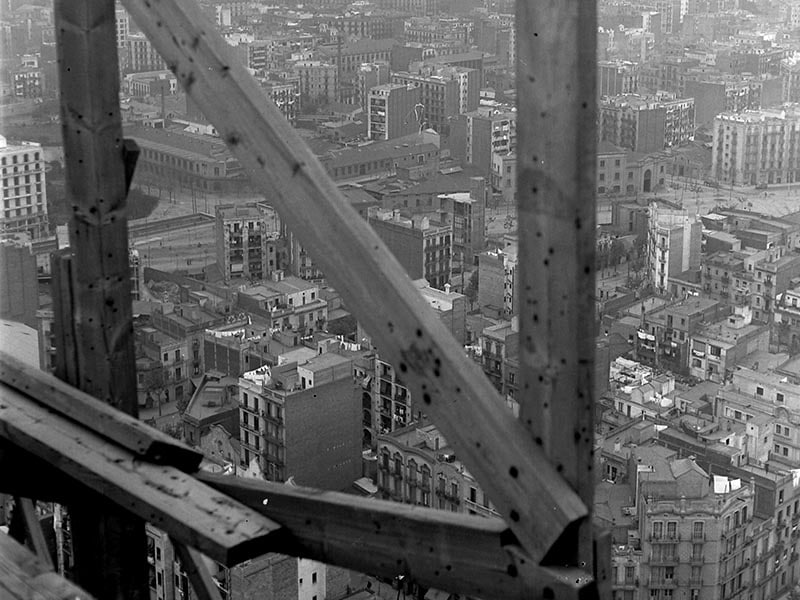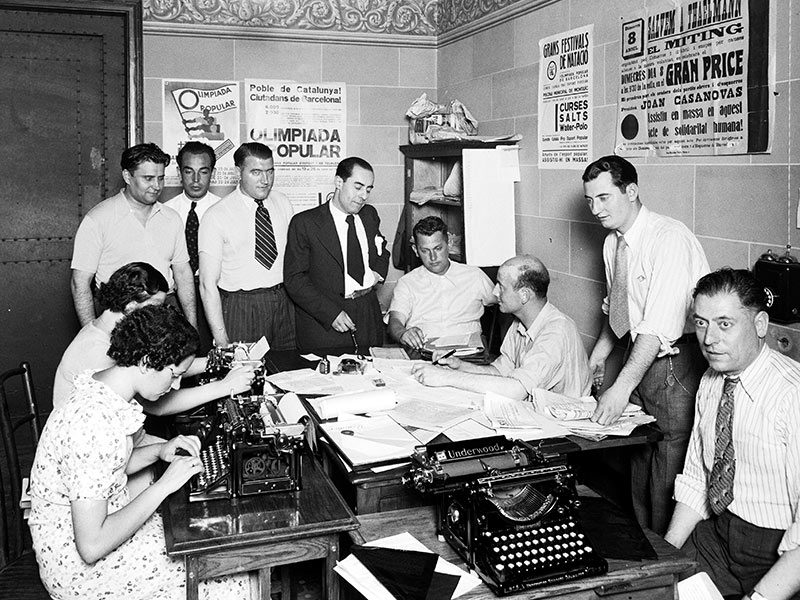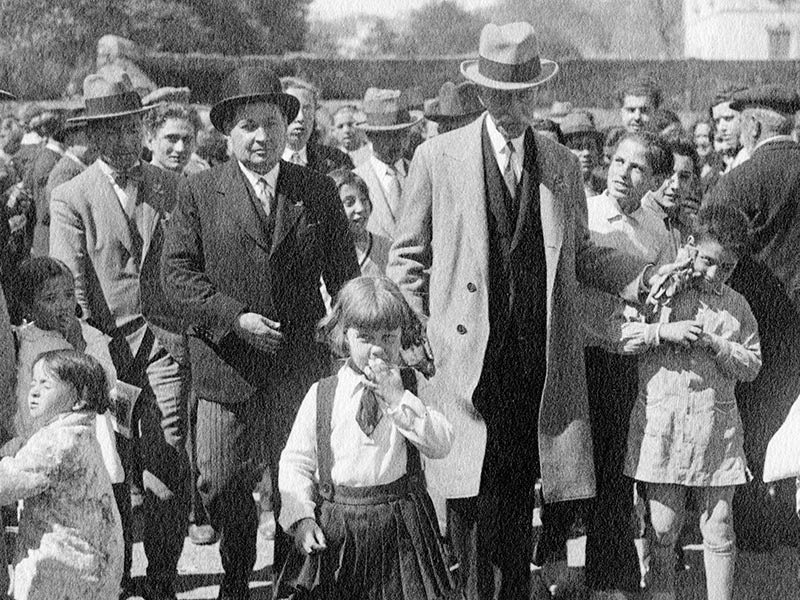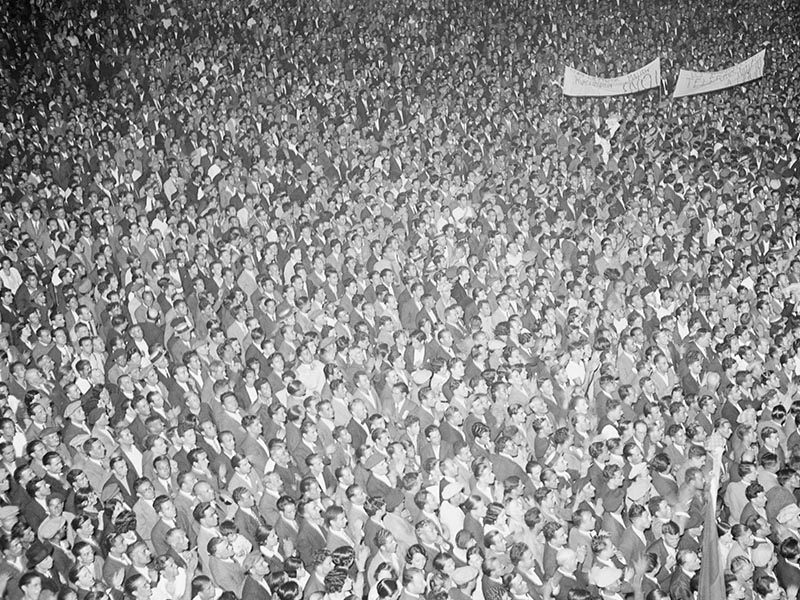Jordi Casassas discusses the history of the Ateneu in Barcelona.
The Ateneus are a response to a liberal movement in Europe. That’s how it started. They’re clubs which allow people to finally offer their opinions within society. Once they’re no longer subjects, they gather for just that purpose. This is the general movement. In Barcelona, the public was very much on edge, owing to political and social unrest. As a result, despite Barcelona’s progressivism, Ateneus didn’t arrive until the 1850s and 1860s. At the time, this space is occupied by the Bourgeoisie. Not the aristocracy, the bourgeoisie. A bourgeoisie focused, primarily on economic matters. There is a limited cultural focus. They’re gathering, at first, to play cards, hold balls for carnival, or prior to going to the opera. Then, little by little, it’s a space occupied by liberal professionals: Lawyers, doctors, etc. Liberal professionals. It’s these liberal professionals who will bring to it a cultural component. Newspapers, though not the local sort, and, slowly, the library. That’s how the first two important Ateneus got their start. The Reus Reading Club, in Reus, and right after, the Ateneu Barcelonès, where we are now. The Ateneu Barcelonès, for example, also offered fencing classes, billiards, hosted card games, etc, and adding culture. Then, in the 1870s, popular Ateneus begin to appear. The popular Ateneus are a reaction to those of the Bourgeoisie, But with the goal of providing the working class with cultural enrichment. Often, even, it brought literacy to the working class. At it’s core, it’s a place to read newspapers together, To house a library, and offer the chance to purchase products, like a company store. Not every Ateneu, but in some. So it serves as a hub for the people in the neighborhood to gravitate towards, It imbues them with a vigorous social life. I believe they’re regaining importance. Gaining importance because there is a will among the people to take back the Ateneus, to direct their services, make them centers of cultural organization. For the people, the neighborhoods, the city of Barcelona, everything. So I think this desire to recover, the sense of community organization so integral to Catalan history, to rediscover something that existed from the mid-19th century to the Civil War.
